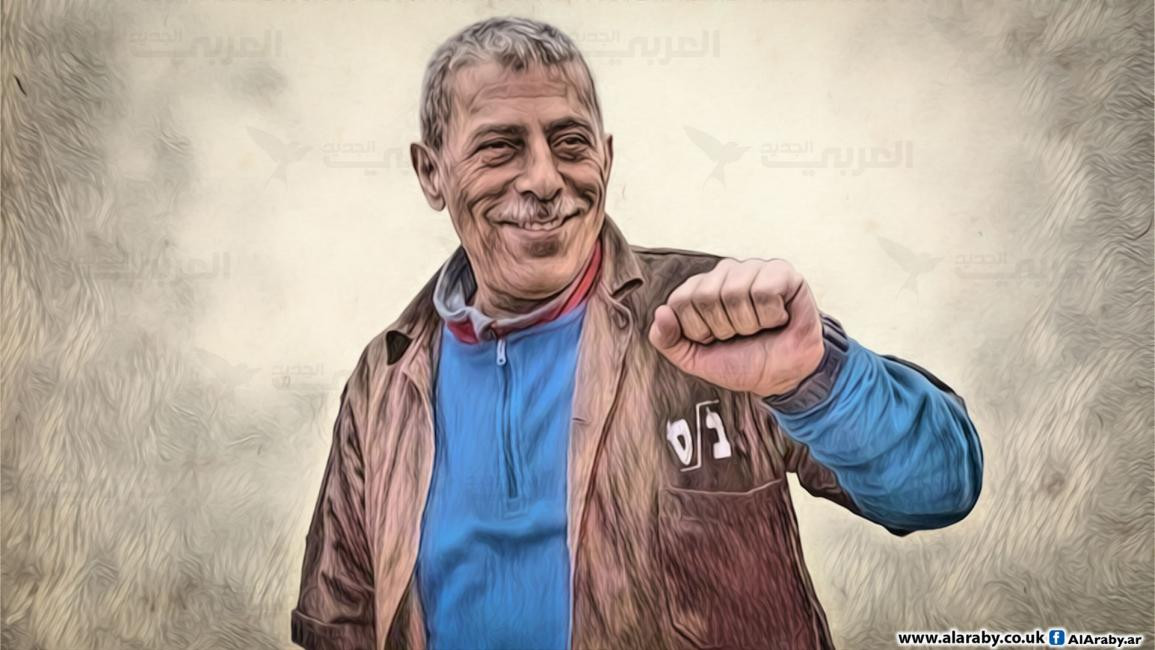'Cruel reminder': Amnesty blasts Israel's disregard for Palestinian lives after Walid Daqqa's death
Amnesty International blasted Israel on Monday over the death of Palestinian prisoner Walid Daqqa, saying it was a "cruel reminder" of Israel’s disregard for Palestinians' right to life.
Daqqa, who spent 38 years in Israeli jails, suffered from cancer while in detention and was pronounced dead on Sunday at a medical centre southeast of Tel Aviv.
He was diagnosed with a rare form of bone marrow cancer in December 2022.
"It is heart-wrenching that Walid Daqqa has died in Israeli custody despite the many calls for his urgent release on humanitarian grounds following," said Erika Guevara-Rosas, Amnesty International’s Senior Director for Research, Advocacy, Policy and Campaigns.
Guevara-Rosas, highlighted that he had already completed his original sentence.
Daqqa was arrested in 1986 at the age of 24. An Israeli court convicted him the following year of leading a Popular Front for the Liberation of Palestine (PFLP) cell which killed an Israeli soldier. He always denied this however.
Amnesty noted that his conviction was based on British emergency regulations which require much lower standards of proof than normal Israeli criminal law.
Daqqa spent the rest of his life behind bars, making him the longest-serving Palestinian prisoner in Israel.
Though he was due for release last year, Israel extended his sentence and has kept him behind bars.
Activists and human rights campaigners have repeatedly called for his release due to his illness, which Israel said, "wasn’t serious enough."
'Chilling levels of cruelty'
Amnesty has been demanding Daqqa's release since last year.
"Walid Daqqa’s death is a cruel reminder of Israel’s systematic medical neglect and disregard for Palestinian prisoners’ rights," Guevara-Rosas said in a statement.
"For Daqqa and his family, the last six months in particular were an endless nightmare, during which he was subjected to torture or other ill-treatment, including beatings and humiliation by the Israeli Prison Service, according to his lawyer," she added.
She revealed that he was not allowed to talk with his wife on the phone since October 7, when the Gaza war started.
According to Guevara-Rosas, even on his deathbed Israeli authorities displayed "chilling levels of cruelty" against Walid Daqqa and his family, as they denied him medical treatment and suitable food.
She added that Israeli authorities also prevented him from saying a final goodbye to his wife Sanaa Salameh and their four-year-old daughter Milad.
She called on Israel to immediately return his body to his family without delay so they could bury him and mourn his death "without intimidation."
Divide and rule: Apartheid Israel hunts down Gazan workers stranded in West Bank for 'lacking work permits' https://t.co/4TrpXU9zvS
— The New Arab (@The_NewArab) April 7, 2024
Daqqa, who has written several books while in prison, was one of a dozen Palestinian prisoners whose release was agreed upon in the 1993 Oslo Accords.
However, hours before he was set to be freed, Israeli authorities went back on their decision.
He was among the most prominent intellectuals in the Palestinians Prisoners' Movement.
Israel has stepped up detentions across the occupied West Bank and Jerusalem since 7 October, after Hamas carried out a surprise attack in southern Israel – which it says was in retaliation for Israel’s occupation of the West Bank, siege of Gaza and stormings of the Al-Aqsa Mosque in Jerusalem.
The attack has sparked the ongoing war on Gaza which has killed over 33,000 Palestinians in Gaza, mostly women and children.
Israeli forces have seized thousands of people and often refuses to disclose the locations of the detainees. It has also banned any contact between them and lawyers and relatives.
The raids have also been deadly, with hundreds of people killed in the West Bank since the start of the war.



